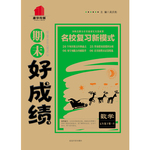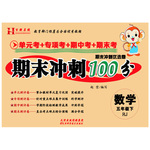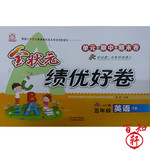题目内容
A machine that takes sweat-laden (浸满汗水的) clothes and turns the sweat into drinking water is in use in Sweden. The machine makes the clothes turn round quickly, heats them to remove the sweat, and then passes the steam through a kind of special material to make purified water.
Since it has been brought into use, its creators say more than 1000 people have drunk others’ “sweat” in Gothenburg. They add the liquid is cleaner than local tap water.
The device was built for the United Nations’ child-focused charity UNICEF to promote a campaign highlighting the fact that 780 million people in the world lack access to clean water.
The machine was designed and built by the engineer Andreas Hammar, known locally for his appearances on TV tech show “Mekatronik”. He said the key part of the sweat machine was a new water purification part developed by a company named HVR.
“It uses a technique called membrane distillation (膜蒸馏),” he told the BBC. “We use a special kind of material that only lets steam through but keeps bacteria, salts, clothing fibers and other things out. They have something similar to the International Space Station, but our machine is cheaper to build. The amount of water it produces depends on how sweaty the person is, but one person’s T-shirt typically produces 10ml, about a mouthful.”
The device has been put on show at the Gothia Cup-the world’s largest international youth football tournament. Mattias Ronge, chief executive of Stockholm-based advertising agency Deportivo, said the machine had helped raise awareness for UNICEF, but in reality had its limitations.
“People haven’t produced as much sweat as we hoped – right now the weather in Gothenburg is lousy,” Mattias Ronge said. “So we’ve equipped the machine with exercise bikes and volunteers are cycling like crazy. Even so, the demand for sweat is greater than the supply. And the machine will never be produced in large numbers, since there are better solutions out there such as water purifying pills.”
1. Which of the following is the disadvantage of the sweat machine?
A. It takes too long for the machine to produce water.
B. It costs a large amount of money to build the machine.
C. The amount of water the machine produces is rather limited.
D. The water processed by the machine is not clean enough.
2. UNICEF is mentioned in the text to ________.
A. show how the sweat machine works
B. tell us who invented the sweat machine
C. show the importance of the United Nations
D. explain why the sweat machine was invented
3. What did Mattias Ronge think of the sweat machine?
A. It did not work at all.
B. It was not worth popularizing.
C. It could only be used in summer.
D. The water it produced tasted sweet.
4.The text is written mainly to tell us that ______________.
A. a better solution to purifying dirty water is discovered
B. 780 million people in the world lack access to clean water
C. a machine which turns sweat into drinking water is invented
D. the pill which turns dirty water into clean water is produced
 期末好成绩系列答案
期末好成绩系列答案 99加1领先期末特训卷系列答案
99加1领先期末特训卷系列答案 百强名校期末冲刺100分系列答案
百强名校期末冲刺100分系列答案 好成绩1加1期末冲刺100分系列答案
好成绩1加1期末冲刺100分系列答案 金状元绩优好卷系列答案
金状元绩优好卷系列答案
